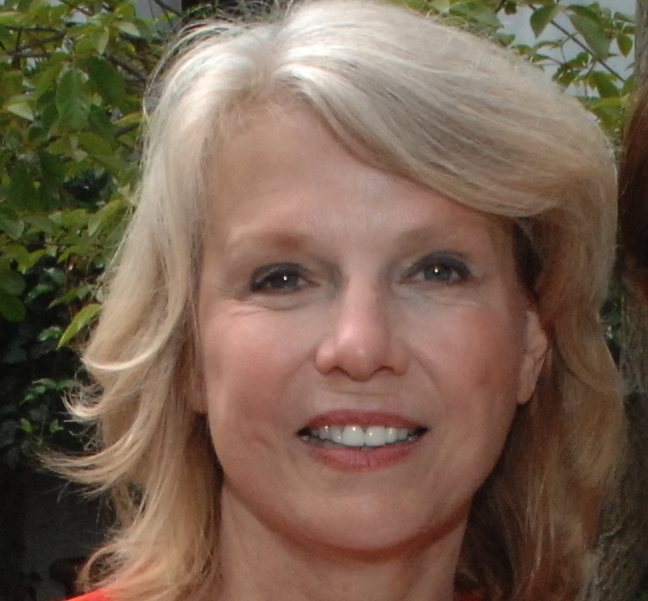Dr. Astrid Heppenstall Heger is the Executive Director of the Violence Intervention Program (VIP), located at the Los Angeles County (LAC) + University of Southern California (USC) Medical Center, where she is also a Professor of Clinical Pediatrics. In 1984, she founded the Center for the Vulnerable Child (CVC) for the evaluation of child abuse. This was the first medically-based Child Advocacy Center in the world and currently evaluates over 20,000 child abuse and child sexual assault victims every year. Dr. Heger is the pre-eminent expert in the field of child sexual abuse and assault and the author of numerous articles in this field, as well as the definitive textbook “Evaluation of the Sexually Abused Child,” now in its second edition.
In 1995, she established the first of its kind, “one stop shop” community Family Advocacy Center, offering medical, mental health, protective, legal, and social services to victims of family violence and sexual assault throughout Los Angeles County. In 1999, Dr. Heger established an Adult Protection Team and an Elder Abuse Forensic Center to provide both direct service to high risk elders and dependent adults but also to assist social, legal, medical and mental health professionals charged with the protection of this most vulnerable population. In addition to services for the youngest and the oldest, VIP continues to provide 24/7 services to victims of sexual assault and domestic violence.
Starting in 2004, Dr. Heger implemented a model “HUB” program with services for children at risk for or already in foster care. This clinical program incorporates 24/7 forensic and medical assessments with an ongoing medical home with built-in mental health services as well as support services that include dental care, plastic surgery, mentoring and tutoring. As more and more children were evaluated prior to foster place, it became clear that there needed to be a “soft” landing for these children where they would receive medical and mental health services as well as food, clothing, a bath and a place to sleep and play. The “Children’s Welcome Center” (children age 0-12) and the companion center the “Youth Welcome Center” have changed the landscape of how children enter foster care and greatly improved both placement rates and permanency of placements.
